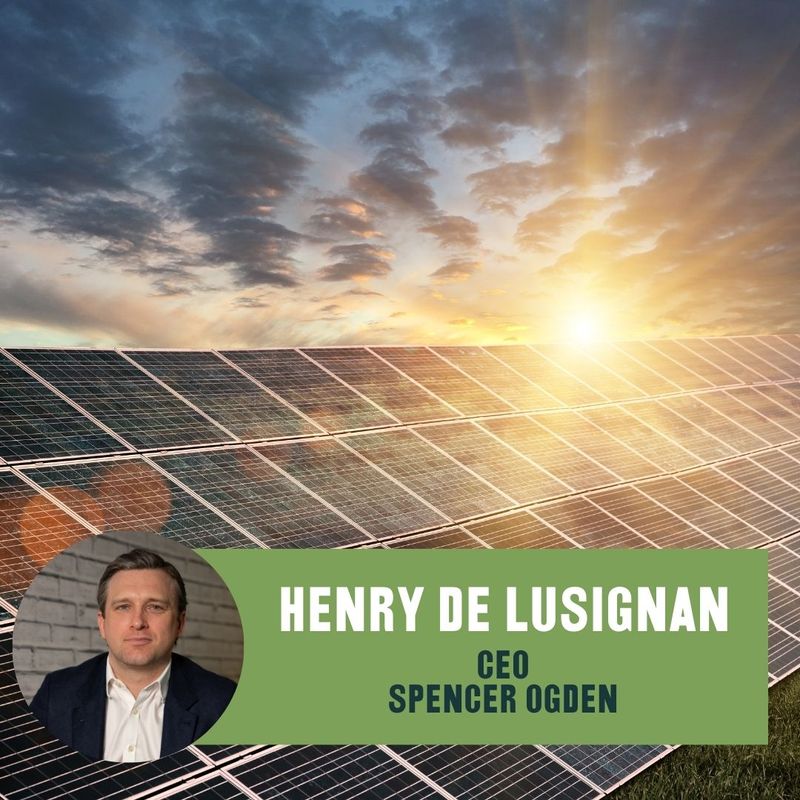
The renewable energy sector stands on the cusp of unprecedented growth, with COP28 highlighting a global goal to triple renewable energy by 2030.
This ambitious target not only heralds a new era of sustainable development but also underscores a significant challenge in the talent market, potentially creating up to 139 million new jobs. The demand for talent far outstrips supply, emphasising the critical need for organisations within the sustainability and renewable market to re-evaluate their talent acquisition and retention strategies meticulously.
Addressing the Talent Gap: A Multi-Faceted Approach
The talent challenges within the renewable and sustainability market are profound, marked by a substantial gap between the number of available jobs and qualified personnel. This discrepancy is anticipated to widen as the push towards cleaner energy sources intensifies. Addressing this challenge requires a nuanced approach, focusing on the transferability of skill sets from other industries, notably oil and gas, where companies have begun to pivot towards cleaner energy sources and sustainability markets. Organisations that are innovative, open, and capable of training their staff in key areas such as project management, engineering, and project controls are positioned to navigate the talent shortage successfully.
Spencer Ogden's Role in Bridging the Talent Gap
Spencer Ogden stands at the forefront of addressing the talent gap in renewables, leveraging its unique experience in the energy transition. With a 14-year history of navigating changes in the landscape, Spencer Ogden offers comprehensive talent solutions, including contract, permanent, and executive search, aiding companies in transitioning from traditional fossil fuels to clean energy. The firm has successfully deployed over 1,500 contractors on significant sustainability projects globally, illustrating its capacity to meet the urgent need for skilled talent in renewables.
Strategies for Attracting and Retaining Talent
Attracting the necessary volume of staff to meet COP28 goals requires innovative strategies from companies within the sustainability space. This includes leveraging experience from within their organisations and competing sectors, reskilling current staff, and accessing diverse talent pools. Engaging with community colleges and universities to educate potential candidates early in the hiring cycle is crucial. Additionally, companies must think globally, identifying where candidates with the appropriate experience and knowledge reside to deliver on projects effectively.
The Long-Term Vision for Renewable Energy Talent
Looking towards the future, the challenge of deploying, training, and educating a workforce to achieve COP28 goals starts with comprehensive education initiatives from high school to higher education institutions. Organisations must rethink their training and support strategies to foster medium to long-term growth. Moreover, retaining and nurturing existing talent by offering compelling experiences and aligning with the values important to Generation Z, such as organisational purpose, will be vital.
Collaborative Efforts and Innovative Solutions
The journey to fulfilling the ambitious targets set by COP28 demands concerted efforts from organisations, governments, and educational institutions. By adopting innovative solutions, re-evaluating hiring practices, and fostering an environment that emphasises purpose and growth, the renewable energy sector can overcome the talent challenges ahead. Spencer Ogden's expertise and strategic approach exemplify the industry's potential to harness global talent, ensuring a sustainable future powered by renewable energy.

Topics covered
Keep reading...
All blogs-
Spencer Ogden
Denver team relocates to new office in trendy RiNo district; Grand opening goes to plan despite u...
-
Infrastructure
Concerns are growing around the vulnerability of our energy grids
-
Industry insights
Stewart Mullin of GWEC on Empowering the Future: Bridging the Talent Gap in Global Wind Energy
-
SO announcements
Spencer Ogden is proud to announce that two of their female employees have been named SIA Global ...
-
Renewables
COP28: Climate action can't wait





